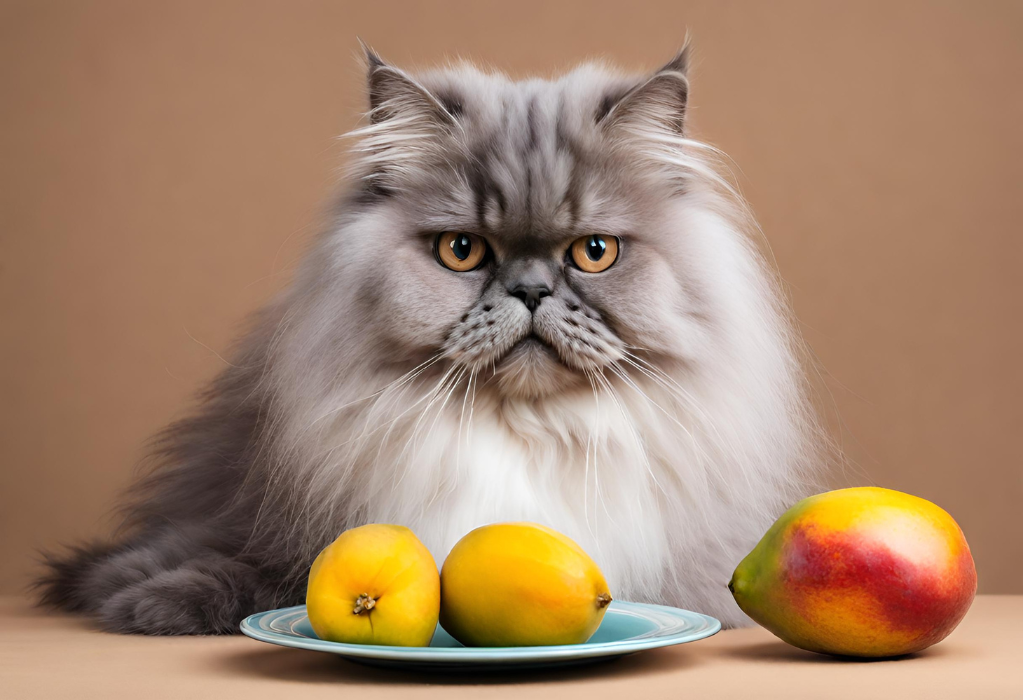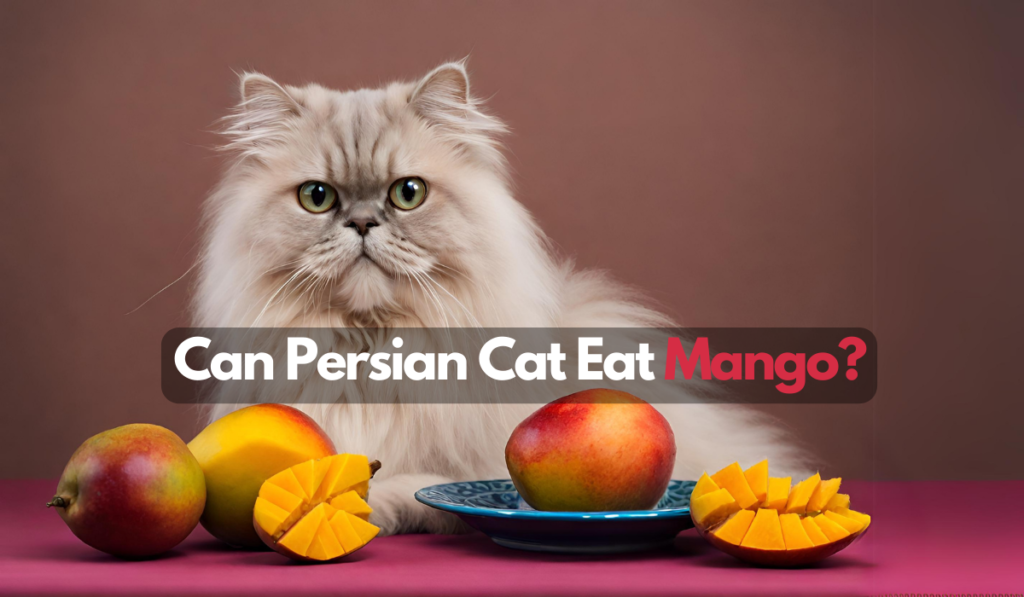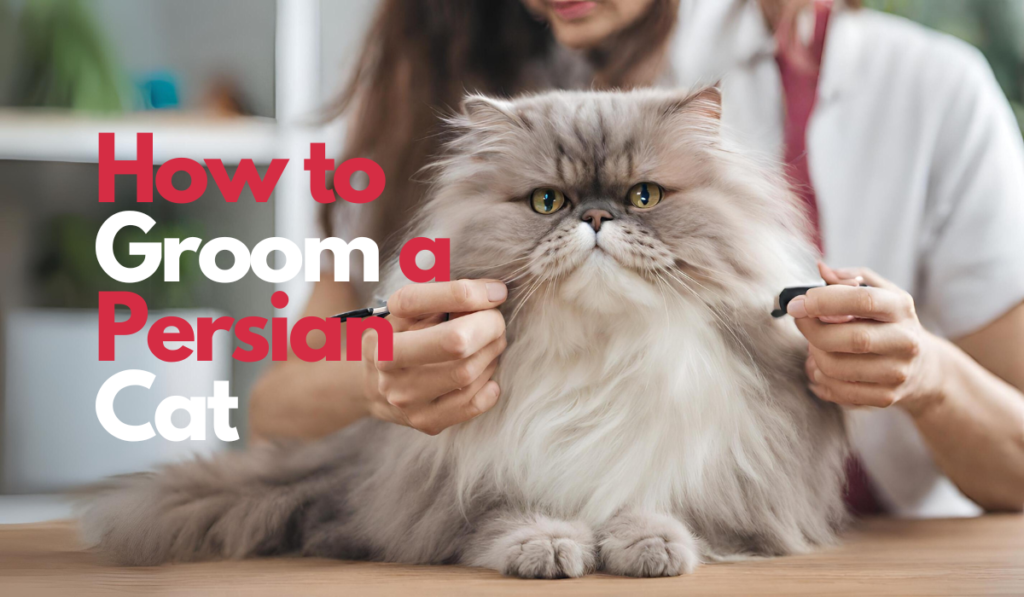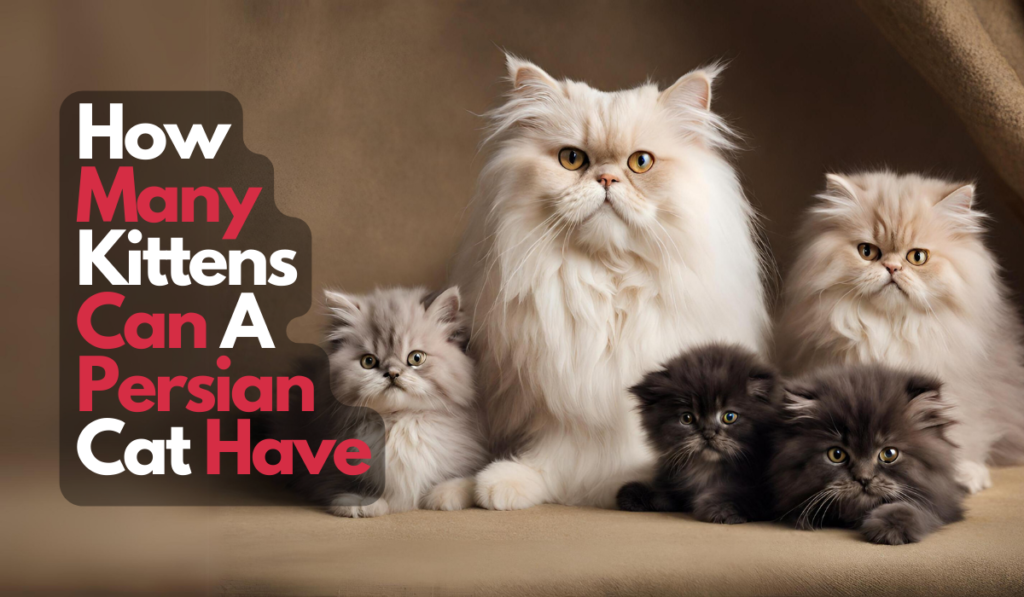Mangoes are delicious fruits that many humans enjoy, but can cats eat mango too? The answer is yes, but only in moderation and as an occasional treat. Mangoes are not toxic to cats, but they are high in sugar and not very suitable for their carnivorous diet.
Here are some facts and tips on how to feed mangoes to your cat safely and responsibly.
Can Cats Eat Mango – The Good News:

- Non-toxic: Unlike grapes, raisins, and some other fruits, mangoes are not toxic to cats. The flesh of the fruit is safe for them to consume in small amounts.
- Potential Benefits: Mangoes contain some vitamins and minerals, including vitamin C, vitamin A, and potassium. While cats can synthesize vitamin C on their own, a small amount from mango won’t hurt. The other vitamins and minerals might offer some minor health benefits in moderation.
The Cautions:
- High Sugar Content: The main concern with mangoes is their high sugar content. Cats are obligate carnivores, meaning they require meat as their primary dietary source. Excess sugar can lead to digestive upset, weight gain, and even diabetes in some cats.
- Fiber Factor: While fiber can be beneficial in moderation, the amount in mangoes can be overwhelming for feline digestive systems. Too much fiber can cause diarrhea and other gastrointestinal issues.
- Choking Hazards: The mango pit, stem, and leaves are all choking hazards for cats. Always remove these parts before offering any mango to your cat.
Tips for Safe Mango Munching:
- Moderation is Key: A tiny cube or two of mango flesh as an occasional treat is perfectly fine for most healthy cats.
- Ripe is Right: Choose ripe mangoes, as they are easier to digest. Avoid unripe or green mangoes, as they can be even more problematic for feline stomachs.
- Peel & Seed-Free: Always remove the pit, stem, and leaves before offering any mango to your cat. These parts can cause choking hazards and digestive issues.
- Watch for Reactions: Monitor your cat after they eat mango for any signs of digestive upset, such as vomiting, diarrhea, or gas. If you notice any negative reactions, discontinue giving them mango and consult your veterinarian.
How to Feed Mango to Cats?

Mango is a delicious and nutritious fruit for humans, but can cats eat mango too? The answer is yes, but only in moderation and with some precautions. Mango is not toxic for cats, but it is high in sugar and low in protein, which are not ideal for a carnivorous animal. Mango also contains some vitamins and fiber that cats can benefit from, but they can get these nutrients from their regular cat food as well. Therefore, mango should be considered as an occasional treat for cats, not a staple food.
If you want to feed mango to your cat, here are some steps to follow:
- Use a fresh, ripe mango, without any added sugar or preservatives.
- Wash the mango fruit.
- Remove the peel, remove the flesh from the pit, and chop the mango into small bite-sized pieces so your cat can easily chew them.
- Monitor your cat for any behavioral changes, and ensure that there are no reactions after eating mango fruit.
Some cats may enjoy the sweet taste of mango, while others may not be interested at all. You can offer a small cube of mango to your cat and see how they react. If they like it, you can give them another piece but do not exceed more than one or two cubes per day. If they don’t like it, don’t force them to eat it.
Alternatives to Mango:
If you’re concerned about giving your cat mango, there are other safe and healthy fruits and vegetables they can enjoy in moderation, such as:
- Blueberries
- Raspberries
- Strawberries
- Cantaloupe
- Green beans
- Carrots
Remember: Your cat’s health is your top priority. Always consult your veterinarian before introducing any new food, including mango, into their diet. They can advise you based on your cat’s individual needs and health conditions.
Conclusion:
While cats can safely enjoy a small piece of mango as an occasional treat, it’s important to exercise caution and prioritize their nutritional needs with a meat-based diet. By following these tips and consulting your veterinarian, you can ensure your furry friend enjoys this tropical treat without any unwanted side effects.







